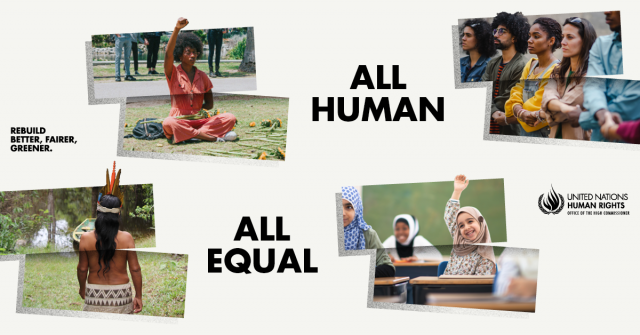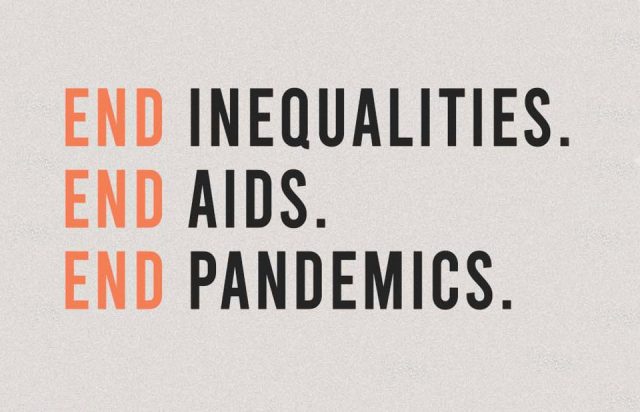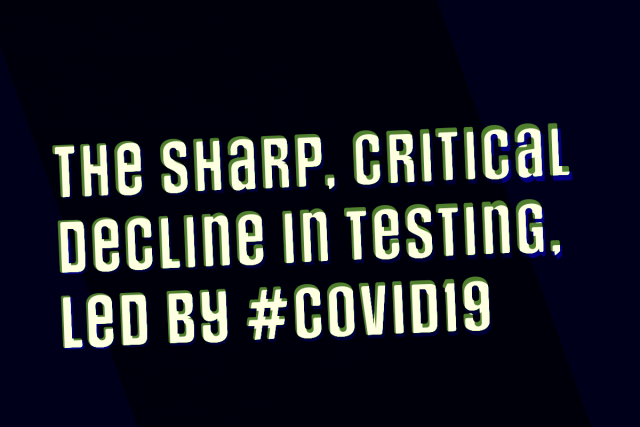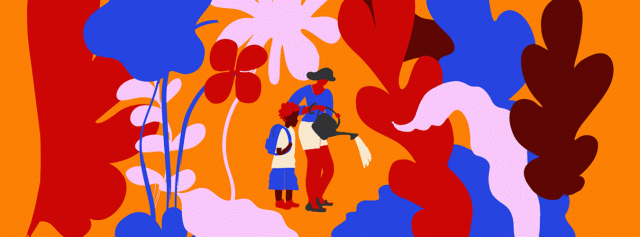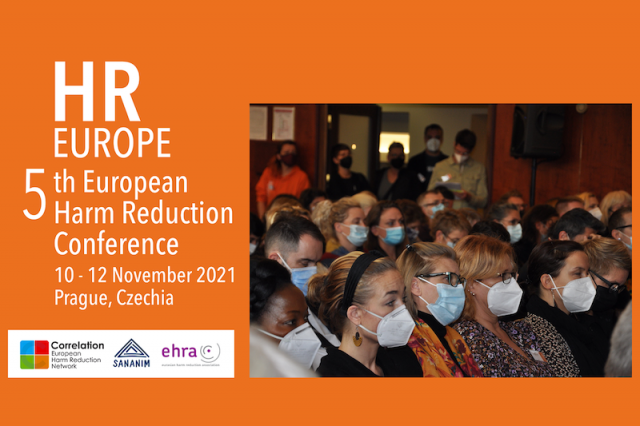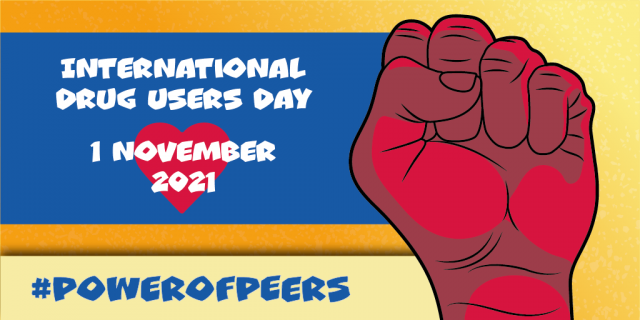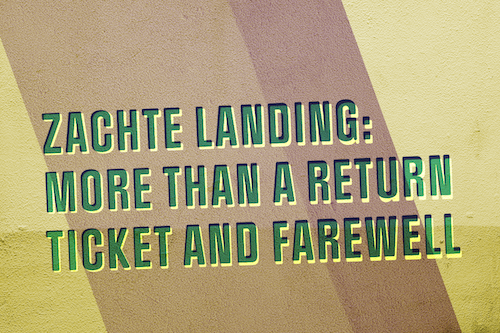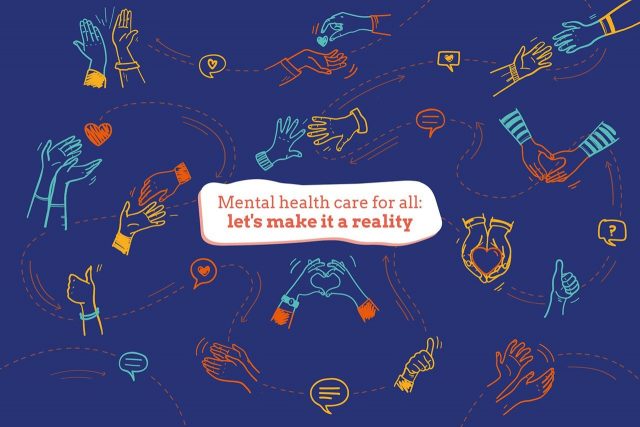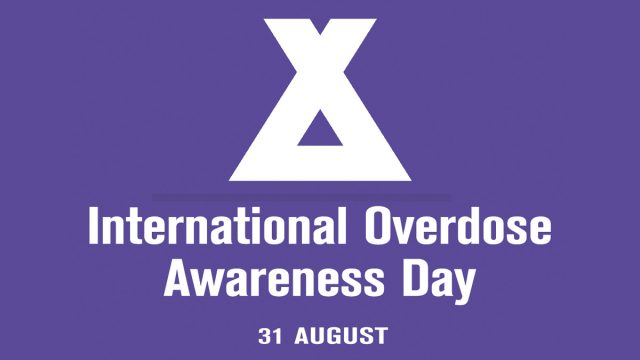Today is Human Rights Day. Every year on 10 December, Human Rights is observed worldwide, “to proclaim the inalienable rights that everyone is entitled to as a human being.” As announced by the UN, the 2021 theme of the Day is EQUALITY – Reducing inequalities, advancing human rights.
COVID-19 has started to be referred to as the inequality virus in recent times. Since the beginning of the pandemic, pre-existing inequalities have been exposed and exacerbated. As a response, international awareness days this year have emphasised the political, social, cultural and economic importance of upholding equity and human rights with renewed strength. An example of this has been the focus of the recently endorsed international World AIDS Day. In alignment with the 2030 Agenda, which is rich in slowly-but-surely approaching elimination goals, including AIDS, HIV, and deep-rooted forms of discrimination.
Today’s Human Rights Day is a crucial and opportune moment for human rights and drug policy reform movements for at least two reasons. On the one hand, it affirms that the war on drugs continues to sustain abusive policing, over-incarceration, coercion and punishment globally. On the other, it highlights the profoundly unequal outcomes of such repressive drug policies.
To mark Human Rights Day, the IDPC has shared its open letter to Ms Ghada Waly, Executive Director, United Nations Office on Drugs and Crime, with a call to reform drug policies that entrench inequality. The letter “issues a strong statement on International Human Rights Day, calling on states to change the drug laws, policies and practices that violate health and human rights, and entrench inequality.” Please read the letter and ask your organisation to sign.
However, before you decide to sign such a letter, perhaps you would like to inform yourself more in-depth about current discussions on decriminalisation policies? During the 5th European Harm Reduction Conference 2021, EHRC21, we had a lively session titled “Drug policy: decriminalisation – the next logical step for Europe?” in which we discussed what you might be asking yourself now. What are the arguments for decriminalisation? If criminalisation can improve public health and human rights drastically, what are some of the complex and challenging questions that remain? You can watch it here.
Also, remember to check the session titled “Mainstreaming Human Rights & Evidence-based Law Enforcement”. This EHRC21 session could also be a valuable look-back since in here essential discussions took place regarding the role that law enforcement agencies ought to have in addressing the needs of people who use drugs. Please watch it here.
Today also marks the end of the #16DayActivism Challenge, which started on the International Day of Elimination of Violence against Women. The joint action by the International Network of People who Use Drugs (INPUD) and the Women and Harm Reduction International Network (WHRIN), addressing violence, stigma, and discrimination against women who use drugs, shares its concluding remarks today, on Human Rights Day. Please read them here.
Finally, today we are also launching the C-EHRN Podcast Series. To kick off our long-awaited podcast series’ idea, we held roundtable sessions during the EHRC21, talking to harm reductionists on several topics. We happily and excitedly present you with the first episode of the series about Human Rights.
For this session, we had four guests; Irena Molnar of ReGeneration, Machteld Busz of MainLINE, Sabrina Sanchez of ESWA and Aura Roig of Metzineres; four strong women representing the core of their work with boldness, kindness, sincerity and fire.
“We are the ones that avoid talking about human rights. Instead, we legitimise our services from a social control point of view. We need to break this cycle and indicate that we do our work for the health and well-being of the people.” said Aura Roig.
Would you agree? Do we tend to forget that everything we do is in the name of equal human rights?
Listen to the podcast here and share your opinion with us.

